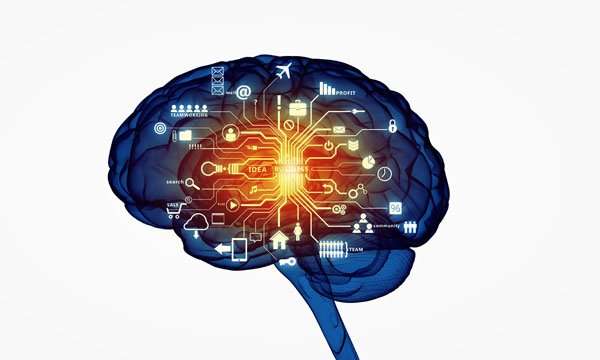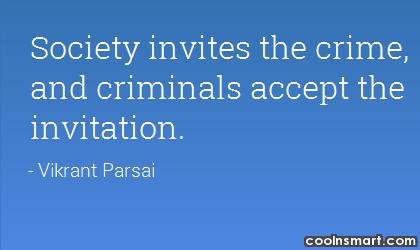Weapons in Crime Scene Greatly Arouse Stress Due To It's Higher Level of Threat
Weapons in Crime Scene Greatly Arouse Stress Due To It's Higher Level of Threat

Image Source
Psychologists have researched the effect of violence on witness memory utilizing an assortment of systems. For the most part, videotaped crime situations are demonstrated with the goal that members don't see any danger to themselves, and the level of violence differs between physical attack and gunshots. As often as possible, two crime situations are videotaped and coordinated so the main distinction is the level of violence portrayed.
There is some proof proposing that we recollect the points of interest of the nonviolent crime superior to those of the violent crime and that ID precision is brought down for the violent form. The impact of violence on memory could be clarified as far as emotional excitement or stress. Expanded violence may bring about more elevated amounts of stress, which may then effect contrarily on memory.
It has been proposed that memory performance may take after the Yerkes-Dodson Law since quite a while ago settled in psychology, which recommends a fairly complex connection amongst stress and performance. Another confirmation gives occasion to feel qualms about there being such a straightforward connection amongst excitement and eyewitness memory.
An investigation of witnesses to a real crime sketched out in Yuille and Cutshall's examination depended on a solitary stressful occasion. Christianson and Hubinette, by differentiating, led a widerscale examine including real witnesses to 22 bank robberies. They found no critical connection between the evaluated level of feeling and the number of points of interest recollected, and hence no proof that high excitement will affect contrarily or emphatically on memory.

Image Source
They moved toward 110 witnesses, of whom 58 were eager to take an interest in the examination, and of these 20 were casualties, 25 kindred representatives, and 13 clients. The witnesses were met and considered concerning emotional reactions and memory for nitty-gritty data about the robbery. Their records 0-0 the data gave in the meeting 0-0 were then contrasted and that at first recorded in police reports. The discoveries uncovered generally high precision rates after a stretched out time interim regarding particular insights about the robbery.
Witnesses demonstrated rather poor memory for specific things, for example, eye and hair shading and footwear. Discoveries additionally uncovered that the casualties had higher precision rates than the observer witnesses in connection to the conditions encompassing the robbery, yet this was not identified with differential emotional encounters. The outcomes all in all demonstrate that the particular points of interest straightforwardly connected with an exceptionally emotional real-life occasion are all around held after some time.
You may recall that the aftereffects of the investigation by Migueles and Garcia-Bajos recommended that while witnessing a crime, our consideration might be attracted to the focal actions to the detriment of illustrative points of interest. Generally, ponders researching the effect of emotional excitement on memory have uncovered a genuinely reliable example. Members' memory for certain focal, basic points of interest of emotional or violent occasions has a tendency to be precise and constant after some time however their memory for fringe, unessential subtle elements or encompassing a fortuitous data has a tendency to be less exact.

Image Source
Easterbrook proposed that excitement may limit the focal point of consideration with the goal that memory for focal subtle elements will enhance, at the cost of memory for fringe subtle elements. The idea of consideration narrowing has been utilized to clarify the wonder of weapon center. Christianson, in any case, proposes that this narrowing of consideration may not be essentially a perceptual wonder and that a second stage may intervene this tunneling effect.
A method of preparing might be embraced that helps our memory of focal detail data, however, represses our memory for points of interest that are insignificant or spatially fringe to the occasion. He utilizes the term 'tunnel memory' to allude to the procedure of limited consideration and increased psychological spotlight on specific points of interest of the horrible mishap. This has been explored in ponders utilizing an assortment of emotional stimuli including mischances and violent crimes.
It is suggested that to understand these scenes, we process in an intricate way those points of interest causing us emotional stress. The emotional response we experience may then go about as a recovery signal for reviewing the feeling inciting occasion. Tunnel memory effects have been found to diminish after some time, perhaps as the emotional stress decreases, offering help for the thought that the tunneling is a memory procedure instead of exclusively a perceptual procedure.

Image Source
References:
The Impact of Violent Crime on Sleep and Stress
Association Between Neighborhood Violence and Biological Stress in Children
Eyewitness Memory: How Stress and Situaltional Factors Affect Eyewitness Recall
Psychology of Testimony
The Effect of Mood Context on the Accuracy of Eyewitness Testimony
Bias of Script-Driven Processing on Eyewitness Memory in Young and Older Adults
Attentional Narrowing
Emotion and Pain Effects on Tunnel Memory
Posted from my blog with SteemPress : https://steemme.000webhostapp.com/2018/07/weapons-in-crime-scene-greatly-arouse-stress-due-to-its-higher-level-of-threat
Great post dear the post like this are important to read to understand how human nature works on a crime spot @dianargenti